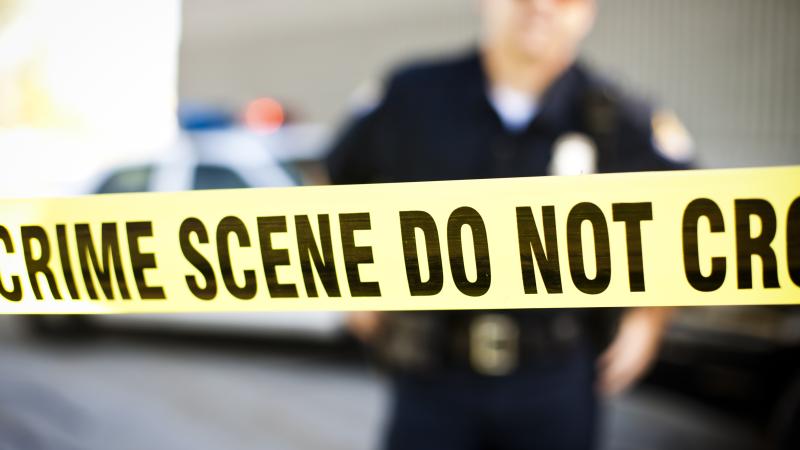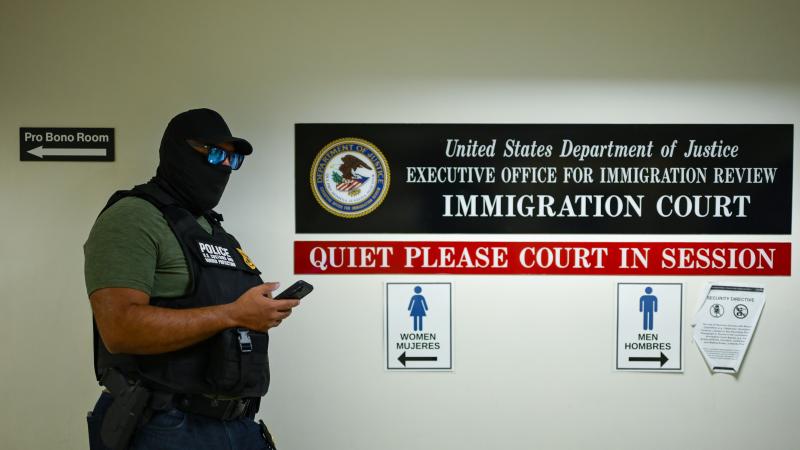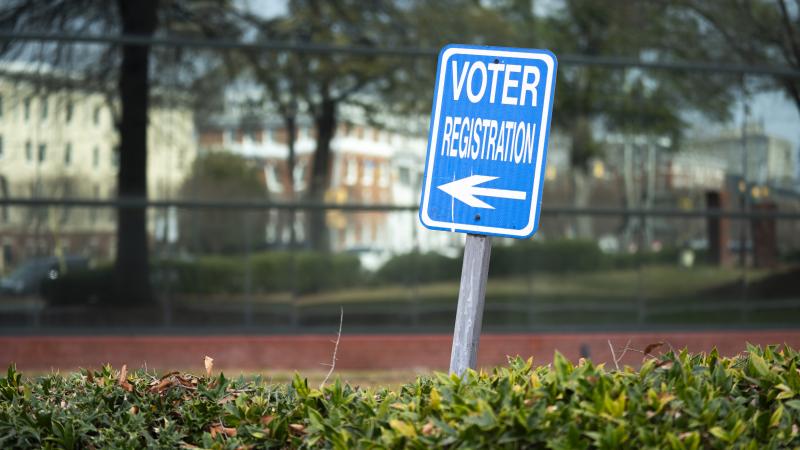Illinois State House Minority Leader: Chicagoans are crying for help
Chicago's crime problem and Trump's planned federal response, could curb ongoing violence as city officials deny the problem exists, blame other states when they do acknowledge the murders, and regularly disregard citizens' plea for help.
In the wake of a miraculous change in the nation's capital, residents of one of America's most notoriously dangerous cities are crying out for help, according to Illinois State House Minority Leader Tony McCombie, a Republican in a deep Blue state.
"We hear it. You see it all the time, whether it's through Tiktok, whether it's through [Instagram and Facebook] reels, the media is paying attention. Yes, people are asking for help," she said.
Ignoring a murderous weekend
Over the Labor Day weekend in Chicago, 58 people were shot in 37 separate shootings, including eight fatalities. Instead of addressing the problems, Lt. Governor Juliana Stratton, a Democrat, laughed off the numbers as a "manufactured crisis."
Multiple videos of Chicago residents have gone viral on social and traditional media in which they decry the state of their city and openly advocate for President Donald Trump to assist Chicago in the same manner that he cracked down on crime in Washington, D.C., by providing National Guard and policing support.
It's not just the residents who McCombie believes would be supportive of the extra manpower and resources. McCombie spoke to Just The News and predicted, "I would think that the majority of the law enforcement officers wouldn't care where the help came from, whether it was from President Trump or a neighboring Democrat state. They need the help."
Since Trump announced his administration's efforts to reduce crime in Washington, D.C., he's received support from the president of the DC Police Union, Gregg Pemberton, who came out immediately praising the idea.
In the top ten most dangerous cities per capita
On the FBI's list of most dangerous cities, which features lesser-known and less publicized cities like Evansville, Indiana, and Akron, Ohio, Chicago is down the list at number 16.
McCombie challenged the argument that Chicago is not a top-ten dangerous city, explaining that "If you're looking at raw numbers, you can do a lot of things with stats and polls, but you're looking at raw numbers, and Chicago is by far, unfortunately, one of the most violent cities in America per capita. The smaller cities obviously look worse, and they're the ones that are ranked in the top 10 of the most dangerous cities because of that. And this isn't anything for us to be celebrating."
Further complicating the FBI's crime data is the fact that many policing agencies, often in the highest crime areas, don't report their local crime statistics to the federal agency.
Notwithstanding data reporting issues, digging in on the statistics surrounding crime in Chicago, McCombie explained that "while violent crime is down from last year, it's still higher than the five-year average. That's aggravated assaults, aggravated batteries and robberies, but it excludes carjackings, which you heard a lot about in D.C. And although there may be fewer shootings, there are more deaths because of those shootings. So they're more lethal since 2010."
Mayor refuses to acknowledge the benefit of additional policing
Chicago's mayor, Brandon Johnson, also a Democrat, has had a difficult time explaining why his city does not need help to reduce violent crime. On MSNBC's Morning Joe, host Joe Scarborough became increasingly exasperated as he attempted several times over the nearly three-minute clip to get an answer from Johnson on whether additional uniformed law enforcement would help. Scarborough asks multiple times before telling Johnson, "I just need a 'yes' or a 'no' and then this will be the last time I ask."
Currently, Johnson has a jarring 79.9% unfavorable rating.
Even with policing help, however, the blue city's criminal-friendly policies are a large part of the problem. This year, the city has already suffered 275 homicides. Chicago has not had a Republican mayor since 1931, when William "Big Bill" Thompson's final term ended. According to McCombie, the policies include declassification of crimes, raising the threshold of crimes, and no-cash-bail instituted in 2023, and he blames those policies as drivers of criminal activity in Chicago.












